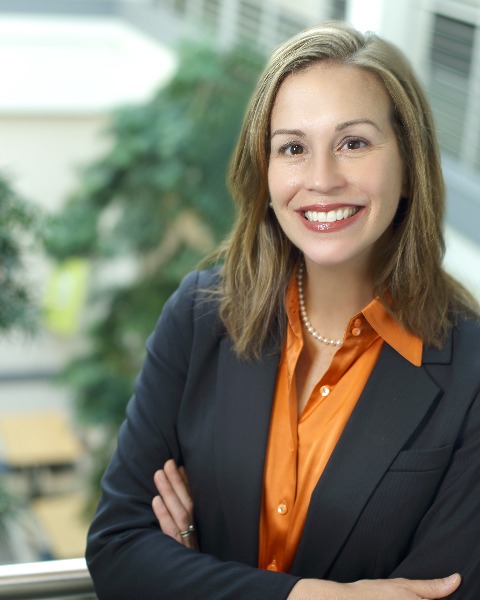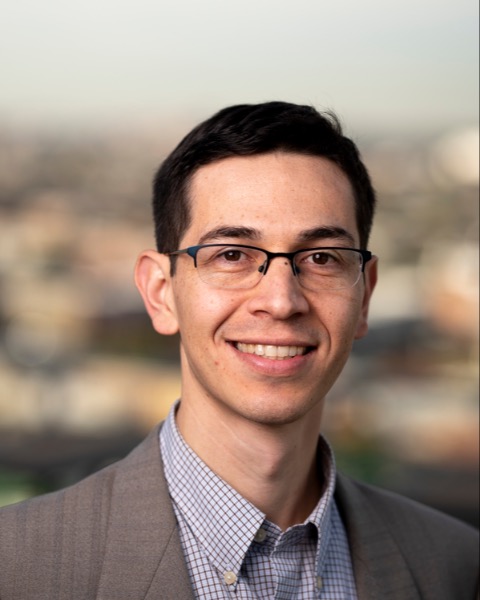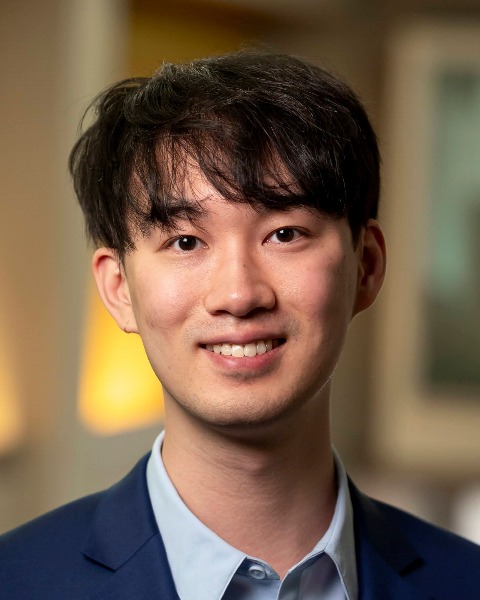Health Sciences
Effects of Hearing Intervention on Physical Activity and Function: Findings of the ACHIEVE Randomized Trial
-

Jennifer Schrack, PhD, FGSA (she/her/hers)
Professor
Epidemiology
Johns Hopkins Bloomberg School of Public Health
Baltimore, Maryland, United States -
NG
Nancy Glynn, PhD, FGSA, FACSM (she/her/hers)
Associate Professor of Epidemiology
Epidemiology
University of Pittsburgh School of Public Health
Pittsburgh, Pennsylvania, United States -

Jennifer Schrack, PhD, FGSA (she/her/hers)
Professor
Epidemiology
Johns Hopkins Bloomberg School of Public Health
Baltimore, Maryland, United States -

Pablo Martinez Amezcua, MD, PhD, MHS (he/him/his)
Assistant Professor
Epidemiology
Johns Hopkins University
Baltimore, Maryland, United States -
SB
Sarah Bessen, MD MPH (she/her/hers)
Resident Physician
Otolaryngology- Head & Neck Surgery
Johns Hopkins University
Baltimore, Maryland, United States -

Wuyang Zhang, MHS (he/him/his)
PhD Student
Epidemiology
Johns Hopkins University
Baltimore, Maryland, United States
Co-Chair(s)
Discussant(s)
Individual Symposium Abstract First Author(s)
This session examines the long-term effect of hearing intervention on physical activity and function. The Aging and Cognitive Health Evaluation in Elders (ACHIEVE) randomized controlled trial (2018-2022) is a multi-center randomized controlled trial of 977 adults aged 70-84 with untreated hearing loss and without substantial cognitive impairment (Clinicaltrials.gov Identifier: NCT03243422). The trial’s primary outcome was to determine efficacy of hearing intervention for reducing 3-year cognitive decline. Data on exploratory outcomes, such as physical activity and function were also gathered. Associations between hearing loss and lower physical activity and function have been consistently demonstrated across large epidemiologic studies. The mediating factors that may underlie these associations include changes in auditory awareness, communicative difficulty, cognitive decline, and/or reduced social connection. Hearing intervention (e.g., provision of hearing aids and related technologies, counseling, and education) may modify these mechanistic pathways and could potentially serve as an intervention for improving or maintaining physical activity and function among older adults with hearing loss, but has yet to be investigated in a randomized controlled trial. This session will describe the overall study design of the ACHIEVE trial and present results on the 3-year effect of the hearing intervention vs. health education control on four exploratory outcomes of physical activity and function: accelerometry-based and self-reported physical activity, fatigue, and physical performance.
Learning Objectives:
- After attending this session, participants will be able to describe the effect of hearing intervention on physical activity, fatigue, and physical function.
- After attending this session, participants will be able to describe implications of ACHIEVE study findings for physical activity and function and discuss future directions for this research.
Presentations:
-
8:00 AM - 9:30 AM PSTStudy Design of the Aging and Cognitive Health Evaluation in Elders (ACHIEVE) Trial
-
8:00 AM - 9:30 AM PSTEffect of Hearing Loss Treatment on Accelerometry-Measured Daily Physical Activity
Individual Symposium Abstract First Author: Jennifer A. Schrack, PhD, FGSA (she/her/hers) – Johns Hopkins Bloomberg School of Public Health
-
8:00 AM - 9:30 AM PSTEffect of a Hearing Intervention Compared to Education Control on Self-Reported Physical Activity: ACHIEVE Study
Individual Symposium Abstract First Author: Pablo Martinez Amezcua, MD, PhD, MHS (he/him/his) – Johns Hopkins University
-
8:00 AM - 9:30 AM PSTImpact of a Hearing Intervention Versus Health Education Control on Fatigue Symptoms Over Three Years
Individual Symposium Abstract First Author: Sarah Bessen, MD MPH (she/her/hers) – Johns Hopkins University
-
8:00 AM - 9:30 AM PSTEffects of Hearing Intervention With Hearing Aids on Physical Function: Findings From the ACHIEVE Study
Individual Symposium Abstract First Author: Wuyang Zhang, MHS (he/him/his) – Johns Hopkins University
